The real estate sector in Cambodia has undoubtedly been affected by external factors and the global economy, while foreign direct investment and the growth of tourism are also contributing factors.
The pivot and shift in buyers, the supply of real estate, and market corrections have combined to see the Cambodian government address the issues by introducing or extending tax incentives while Sihanoukville has its own packages of stimulus.
Prime Minister Hun Manet has already said the extension and addition of tax incentives until the end of 2025 will help housing developers and property owners with the hope that the range of introduced measures will also drive the growth of the real estate sector in the country which has been lagging behind other sectors and experiencing a period of corrections.
The Cambodian Prime Minister said, “I hope that this tax incentive will support and create favourable conditions for housing developers, investors and all property owners to contribute to the Royal Government’s agenda to develop the real estate sector and help the Cambodian economy grow stronger.”
The Cambodian Ministry of Economy and Finance reported that the Kingdom’s real estate sector in 2024 is expected to grow at a pace of around 1.2 per cent. (You can read more on the progress made by the end of H1 2024).
Cambodia’s construction sector attracted a total of $2.53 billion in investment capital in the first half of 2024 according to a report from the Ministry of Economy and Finance (MEF) and the
The Ministry of Land Management, Urban Planning and Construction reported that the Cambodian government licensed 1,642 construction projects during the January-June period - both of these experienced declines compared to comparable data from 2023.
The approved projects include housing development, condominiums, industrial and commercial areas, resorts, tourism and hotels.
Key Cambodian Property Tax Incentives
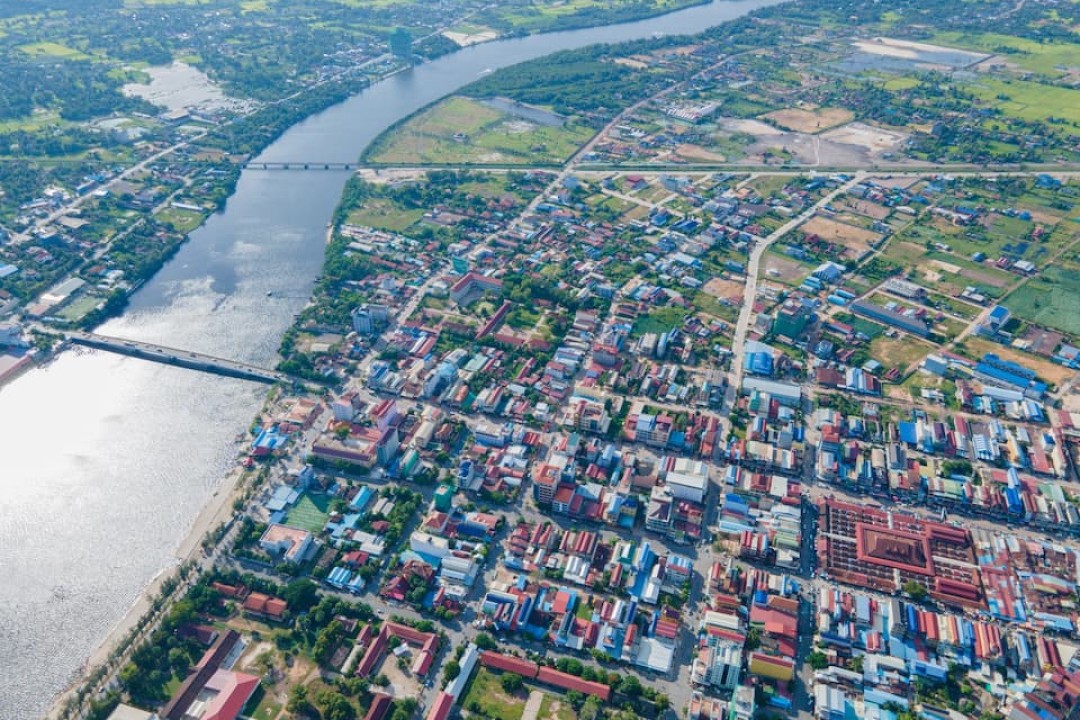
These tax incentives are part of a broader strategy by the Cambodian government to create a more favourable business environment, encouraging investment in real estate and contributing to economic recovery and growth across various sectors.
Ministry of Economy and Finance (MEF) issued Notification No. 014 outlined the tax incentives in October 2024:
- Capital Gains Tax Postponed: The implementation of the capital gains tax on immovable property in Cambodia has been postponed until December 31, 2025. This delay is intended to ease financial pressure on property owners and developers during a challenging economic period. This is not the first time it has been delayed.
- Exemptions on Property Transfer Tax: Certain property transfers, particularly in boreys (housing development) projects valued at or below USD 70,000 are exempt from transfer taxes. This measure aims to encourage homeownership among lower-income families - The standard property transfer tax is 4 per cent of the property price.
- Unused Land Tax Exemption: Land areas under 5 hectares will be exempt from the unused land tax, effective from January 1, 2025. This policy is designed to incentivise land development and reduce the financial burden on landowners in Cambodia.
- Tax on Immovable Property (TIM): The TIM is set at a rate of 0.1% on the value of immovable properties exceeding KHR 100 million (approximately USD $25,000) per annum. Properties in Cambodia valued below this threshold are exempt from TIM as per Prakas 576, which is effective January 2025.
- Lump-Sum Tax Payments: The introduction of lump-sum tax payments for real estate developers simplifies tax compliance and can assist in better cash flow management. This approach may reduce administrative burdens and provide clarity regarding tax obligations.
- Amnesty for Underdeclared Taxes: Developers in the Kingdom who have previously underreported their taxes on immovable property can take advantage of an amnesty that exempts them from penalties related to these underpayments if they register and pay the correct amounts by June 2025. This encourages compliance and rectification of past tax declarations without severe financial repercussions.
Sihanoukville Sees Property Revitalisation - Long Way To Go
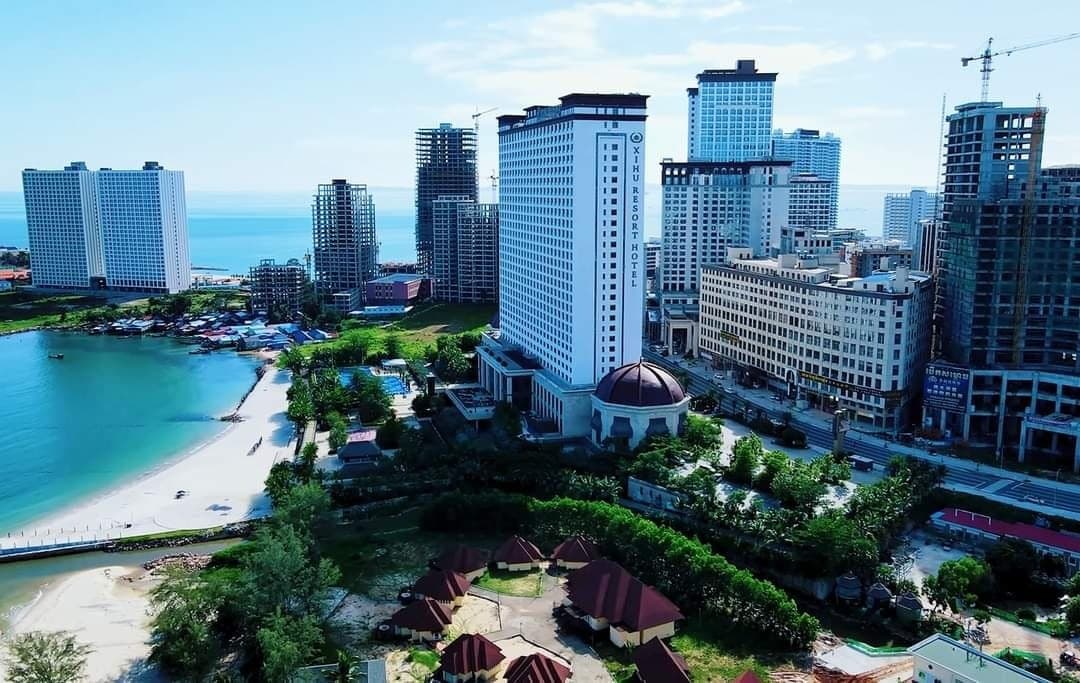
The special program to Promote Investment in Preah Sihanouk Province was launched at the start of 2024 and by October, 165 previously stalled projects had been revitalised under the Sihanoukville Investment Promotion Team’s incentives programme.
These include various micro, small, medium, and large initiatives from local and foreign companies.
- 23 of these have “significant undertakings” with investments surpassing USD $100 million
- 85 were stalled construction projects
- 61 new ventures
- 15 expansion projects
- 4 established projects were reactivated
2024 Legal Updates In Cambodia's Real Estate Sector
In addition to the digitalised procedures for applying for professional certificates and licenses to conduct real estate service business in Cambodia, some of the Key legal updates for 2024 in the Kingdoms property and real estate include:
- Prakas No. 50 (July 19, 2024) on the procedures and formalities for registration of private units of co-owned buildings constructed before December 19, 1997.
- Prakas No. 047 on Land parcel development / Housing/co-owned building development / Residential Development - which replaced Prakas No. 089 dated January 20, 2020, on the management of Real Estate Development Business.
- As of August 1, 2024, all applicable real estate sector parent companies and branch offices can wholly apply for professional certificates and licenses for professional real estate services through the online portal of the RPR (which is called the Information Technology System Portal).
- Applicant companies can submit their application for professional certificates and licenses and all relevant fixtures online using the ‘CamDigikey’ app.

These combined comprehensive tax relief and exemption measures as well as amendments to the legalities of construction are intended to modernise and support Cambodia’s real estate sector while also stimulating investment, and instilling confidence in encouraging property ownership.
The property and real sector and the Cambodian government hope to alleviate financial burdens on property owners and developers and there is a diversification in the scope of the foreign investors and buyers while a focus on affordable housing, agricultural land, and long-term investment should help stabilise the sector and promote sustainable development in Cambodia.
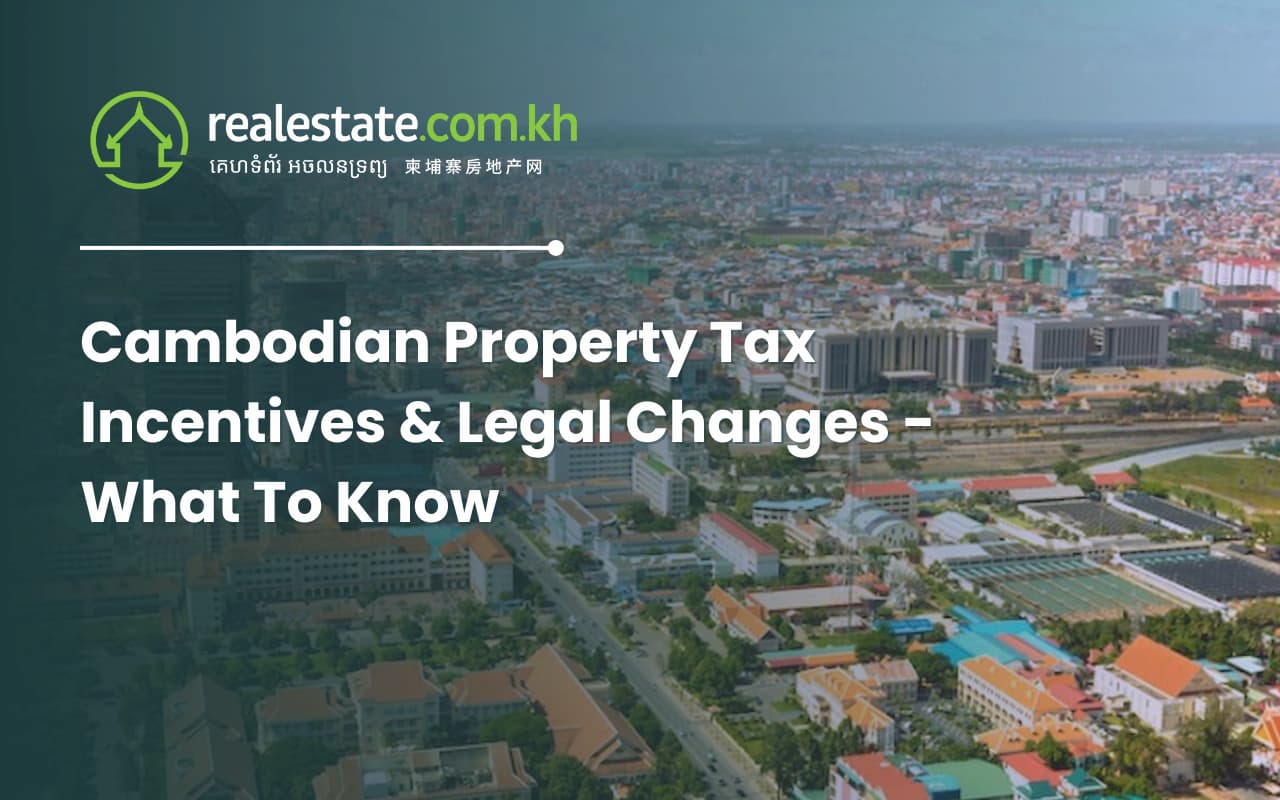
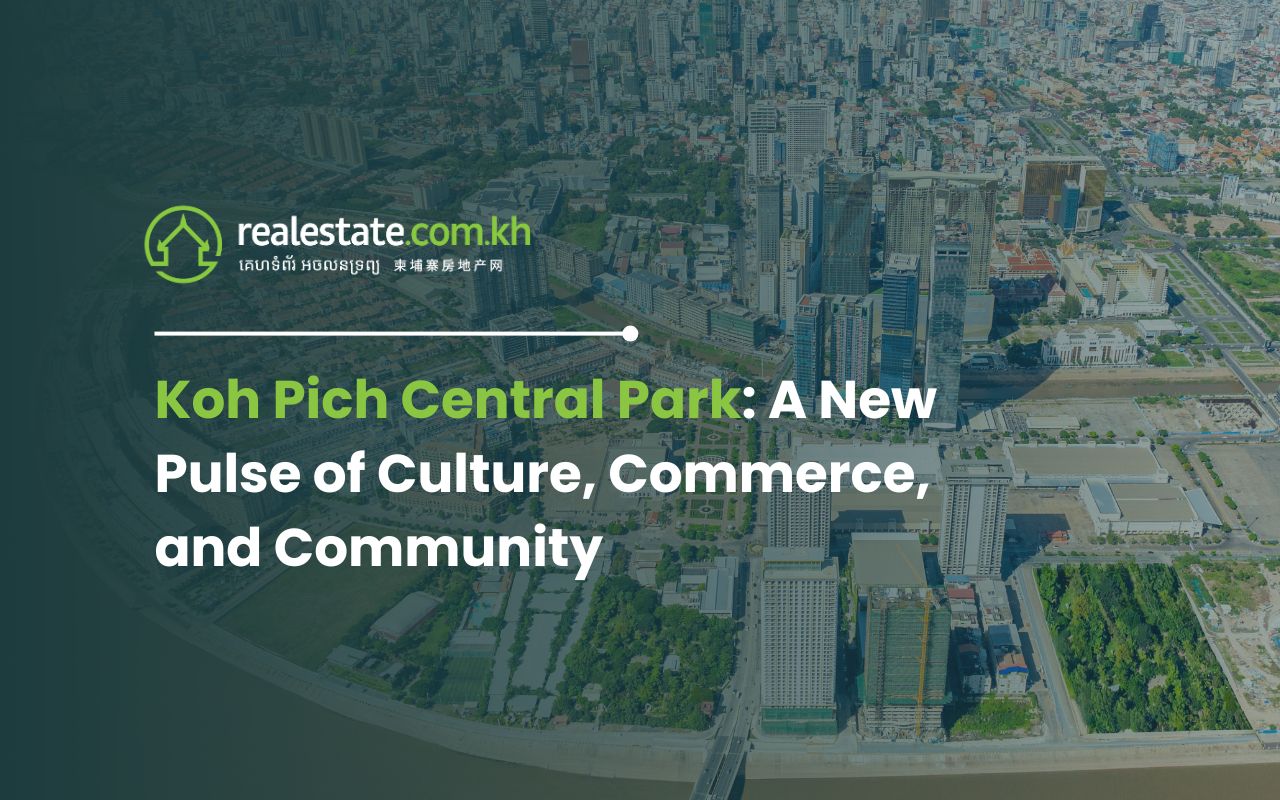

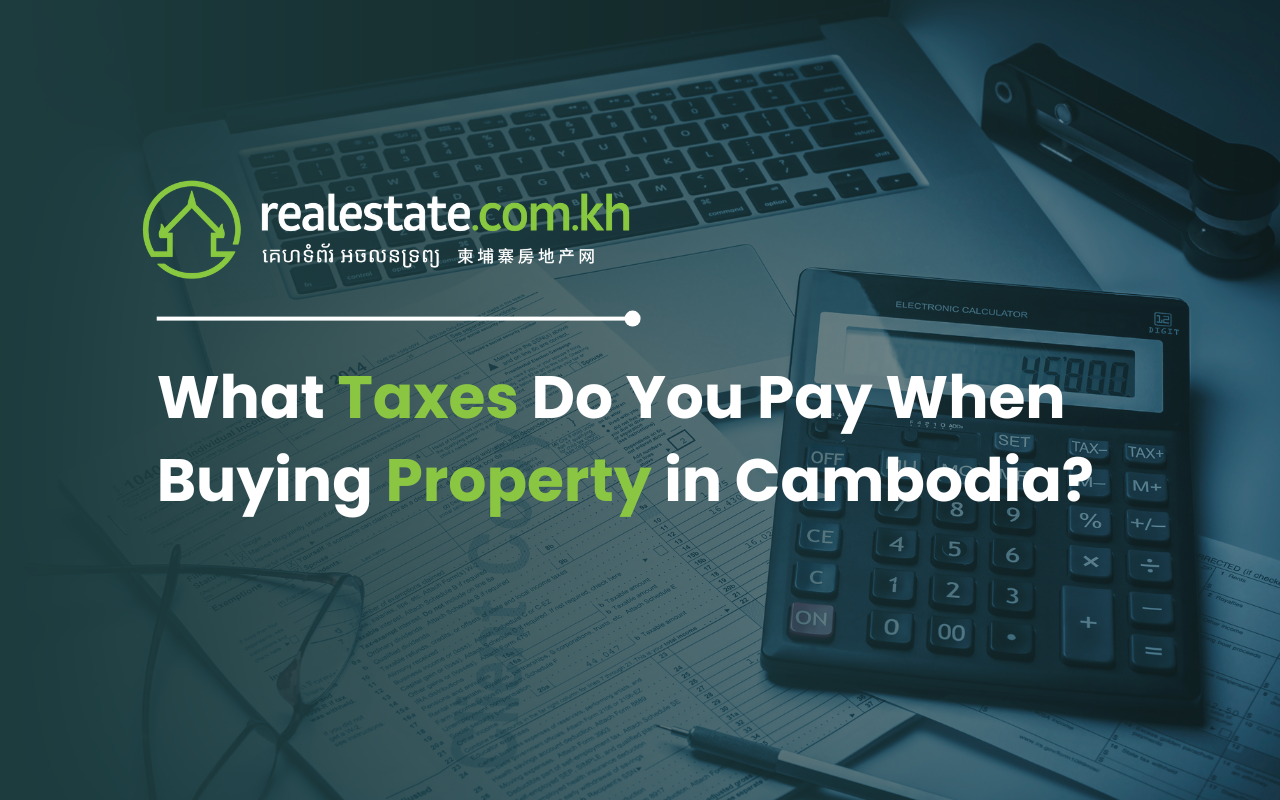
Comments